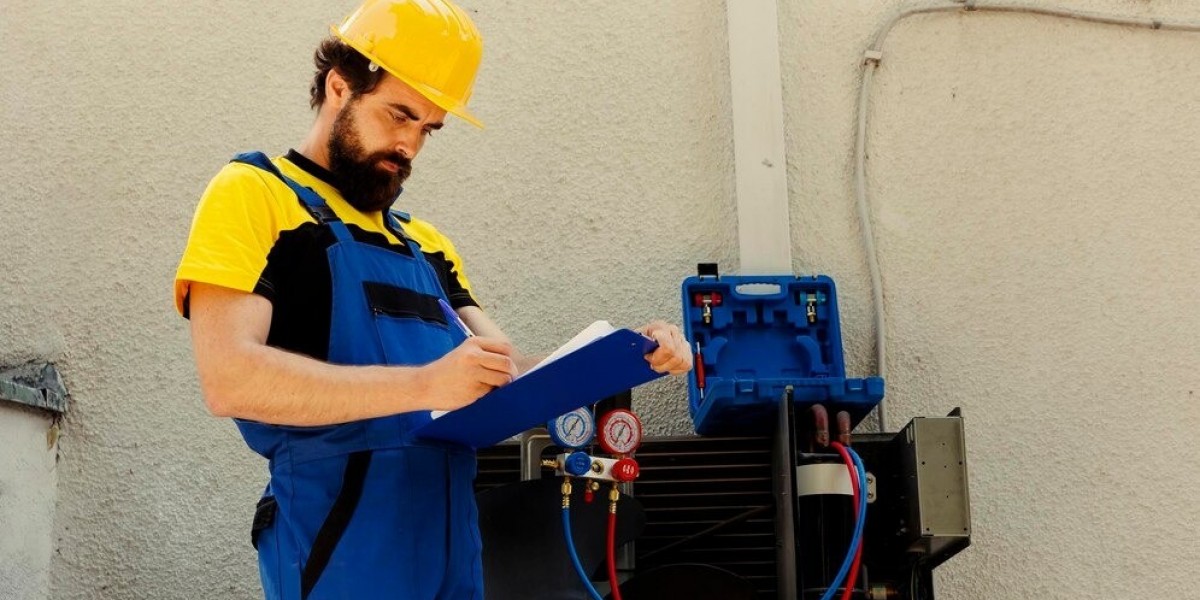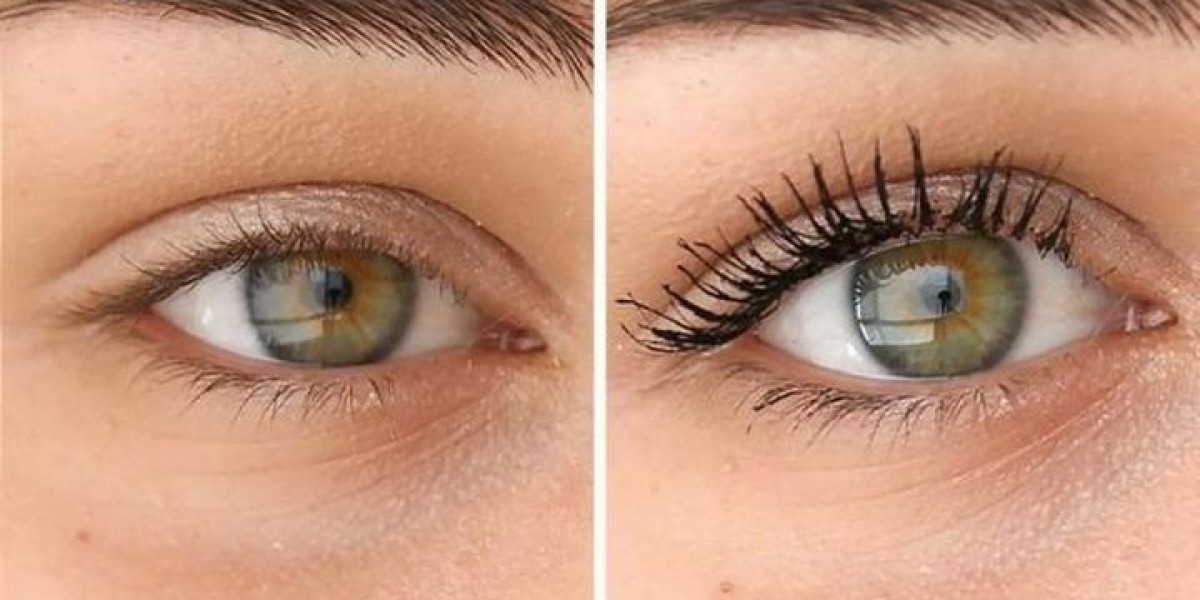Should I Repair My Heat Pump or Replace It?
When it comes to your homes heating and cooling system, the heat pump plays a crucial role in maintaining comfort year-round. However, like all appliances, heat pumps have a lifespan and may need repairs or replacement over time. If your heat pump has stopped working efficiently, you might be faced with the question: should I repair my heat pump or replace it?
In this post, well explore the factors that can help you decide between repairing and replacing your heat pump, considering cost, age, efficiency, and other key elements. Lets dive into the details of when repair makes sense and when replacement is the better option.
Understanding Heat Pumps
Before we discuss whether to repair or replace your heat pump, lets briefly understand what a heat pump does. A heat pump is an all-in-one heating and cooling system that transfers heat between the indoor and outdoor environments. In colder months, it extracts heat from the air outside and brings it indoors to warm your home. During the summer, it works in reverse, acting as an air conditioner by removing heat from your home.
Heat pumps are known for their energy efficiency and are often a good choice for moderate climates. However, over time, they can experience issues that require attention. Now, lets take a closer look at when its better to repair and when replacing your heat pump is a smarter move.
When to Repair Your Heat Pump
Repairs are often the right choice when the issues with your heat pump are minor or temporary. Some common situations where repairing your heat pump makes sense include:
Minor Mechanical Problems
Heat pumps, like any mechanical device, experience wear and tear. Issues such as a malfunctioning thermostat, clogged filters, or problems with the fan are common and can often be fixed with a repair. These minor repairs usually dont cost much and can extend the life of your heat pump.Leaks in Refrigerant
If your heat pump isnt cooling or heating properly, low refrigerant levels could be the cause. A leak in the refrigerant lines can be fixed by a professional who will locate and seal the leak and then recharge the system. This repair is typically less expensive than a full replacement and can restore the unit's performance.Electrical Issues
Sometimes, the problem might be as simple as a faulty circuit breaker or an electrical connection. These issues are often easy to fix and dont require replacing the entire system. A licensed technician can diagnose and fix electrical problems quickly.Frozen Coils
A heat pumps evaporator coils can freeze up in extremely cold weather. This is often caused by low refrigerant levels, dirty filters, or a malfunctioning fan. In many cases, cleaning the coils or fixing the underlying issue can solve the problem without needing a full replacement.
If the issue is something that can be fixed quickly and cheaply, repairing your heat pump can keep your system running without the need for a costly replacement.
When to Replace Your Heat Pump
While repairs can solve many common problems, there are times when replacing your heat pump is a more cost-effective long-term solution. If your heat pump has been working for over 10-15 years and begins to experience serious issues, it might be time to consider a replacement. Here are some situations where replacement is the better option:
Frequent Repairs
If your heat pump is breaking down regularly and requiring constant repairs, it may be more economical to replace it. Multiple repairs over the span of a year can add up quickly, and spending more on fixes than a new system would cost doesnt make sense in the long run.High Repair Costs
Major issues like a broken compressor, an expensive refrigerant leak, or malfunctioning internal components might be too costly to fix. In these cases, the cost of repairs might be close to or even higher than the price of a new heat pump. In such situations, replacing the system is often more cost-effective.Inefficiency and High Energy Bills
Older heat pumps tend to lose efficiency over time. If your system is older and no longer able to provide adequate heating or cooling, your energy bills will likely rise. A new heat pump will operate more efficiently and save you money on your utility bills over time.Outdated Technology
If your heat pump is more than 15 years old, it might lack modern energy-efficient features, which can save you money in the long run. Older models may not meet current energy standards, making a new system a better investment for reducing energy consumption and improving comfort.End of Life
Heat pumps typically last 10-15 years, depending on usage and maintenance. Once your heat pump reaches the end of its lifespan, repairs may not be effective, and its efficiency will continue to decline. In these cases, replacing the unit can ensure reliable performance for years to come.
How to Decide: Repair or Replace?
When making the decision to repair or replace your heat pump, consider the following factors:
Age of the Unit
If your heat pump is relatively new (less than 10 years old), repairing it is often the best option. However, if its nearing the end of its lifespan, replacing it is likely the better option.Repair Costs vs. Replacement Costs
Compare the cost of repairs with the cost of a new unit. If the cost of repairs is more than 50% of the price of a new system, replacement is often the smarter choice.Energy Efficiency
Older heat pumps can consume more energy, which translates into higher bills. A new system will often be far more energy-efficient, saving you money in the long run.Frequency of Repairs
If your heat pump has needed several repairs in the past few years, it might be time to consider a replacement. Continuous repairs can indicate that your system is nearing the end of its life.Comfort and Performance
If your heat pump struggles to maintain a comfortable temperature or doesnt provide adequate heating or cooling, it may be time for a replacement. A new unit will perform better and keep your home comfortable year-round.
Conclusion
Deciding whether to repair or replace your heat pump depends on several factors, including the age of the unit, the cost of repairs, and its overall performance. If your heat pump is relatively new and only requires minor repairs, fixing it is usually the best option. However, if the unit is old, inefficient, and in need of expensive repairs, replacing it is often the smarter choice.
By carefully evaluating these factors and consulting with a professional HVAC technician, you can make an informed decision that fits your budget and keeps your home comfortable throughout the year. Remember, a well-maintained heat pump can last for years, but eventually, replacement may be the best way to ensure ongoing comfort and efficiency.








